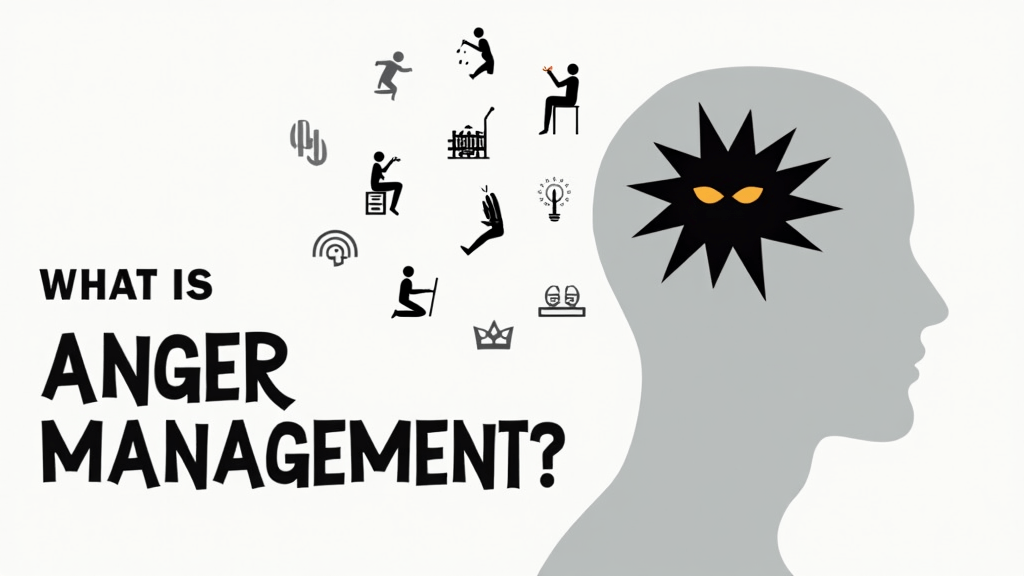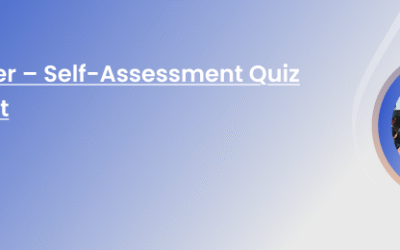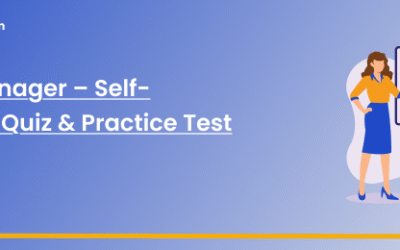What is Anger Management
Anger management is a topic that affects many people in today’s fast-paced world. In this article, we will explore what anger management is and why it is important to learn the art of controlling our anger.
Anger is a natural emotion that everyone experiences from time to time. However, when anger becomes uncontrollable or is expressed inappropriately, it can negatively impact our relationships, health, and overall well-being. This is where anger management comes into play.
Anger management techniques help individuals recognize triggers, understand the underlying causes of their anger, and develop healthy ways to express and manage their emotions. By learning how to effectively manage anger, individuals can reduce stress, improve communication, and foster healthier relationships with others.
In this article, we will delve into various anger management strategies, including cognitive-behavioral therapy, relaxation techniques, and communication skills. We will also provide tips and insights on how to incorporate these techniques into your daily life. Whether you are struggling with anger issues yourself or looking to help someone you know, this article will serve as a valuable resource in gaining a better understanding of anger management and its benefits.
Understanding Anger Management
Anger management is the process by which individuals can understand and control their emotional responses, particularly in situations that can lead to anger. It involves a range of techniques and strategies to keep anger at bay and to express it in a healthy and constructive manner.
The goal of anger management isn’t to suppress the emotion completely but rather to understand it and channel it appropriately. Everyone gets angry, but what matters is how one deals with that anger. Anger management helps to prevent the emotional and physical repercussions that can arise from inappropriate expressions of this intense emotion.
Understanding anger management also involves looking at the personal triggers that can lead to anger. By identifying these triggers, whether they be certain people, situations, or stressors, individuals can work on strategies to manage their response to these triggers before they lead to an escalation of anger.
The Effects of Unmanaged Anger
Unmanaged anger can have numerous detrimental effects on an individual’s life. It can lead to broken relationships, as excessive anger can push loved ones and colleagues away. It can also contribute to mental health issues such as depression and anxiety.
On a physical level, unmanaged anger can lead to increased stress, which can, in turn, cause a myriad of health problems, including high blood pressure, heart disease, and a weakened immune system. The constant stress from uncontrolled anger can also lead to unhealthy coping mechanisms, such as substance abuse.
Moreover, uncontrolled anger can have serious social repercussions, including job loss, legal issues, and social isolation. The inability to handle anger appropriately can lead to outbursts that are not only damaging to oneself but also potentially harmful to others.
Signs of Anger Issues
Recognizing the signs of anger issues is the first step towards managing them. One of the most apparent signs is a frequent loss of temper over minor issues. If small inconveniences lead to disproportionate anger, it may be indicative of underlying anger issues.
Another sign is the feeling of regret or shame after an angry outburst. If an individual often feels that they have overreacted, it suggests that their anger is not being managed effectively. Additionally, physical signs such as clenching of fists or grinding of teeth can also signify the build-up of anger.
If friends or family express concern about one’s temper, or if relationships start to suffer because of it, these are clear signals that anger management techniques may be needed. Persistent thoughts of anger or revenge, and difficulty calming down after an outburst, are also warning signs.
Anger Management Techniques
There are several effective techniques for managing anger. One of these is deep breathing exercises, which can help calm the mind and body when one starts to feel the onset of anger. Another technique is to practice mindfulness, which allows one to become more aware of their emotions and to manage them better.
Another beneficial technique is to use positive self-talk to counteract the negative thoughts that often accompany anger. Replacing thoughts like “I can’t stand this” with “I can cope with this” can help to reduce the intensity of the anger. Additionally, engaging in regular physical activity can serve as an outlet for frustration and reduce overall stress levels.
It’s also useful to establish a ‘time-out’ strategy. When anger starts to build, taking a few moments to step away from the situation can prevent an overreaction. This time-out period can provide an opportunity to employ other anger management techniques to address the situation more calmly.
Cognitive-Behavioral Therapy for Anger Management
Cognitive-behavioral therapy (CBT) is a highly effective form of psychological therapy that can help individuals with anger management. CBT is based on the concept that our thoughts, feelings, and behaviors are interconnected, and that changing negative thought patterns can lead to changes in feelings and behaviors.
Through CBT, individuals can learn to identify the cognitive distortions that lead to anger, such as overgeneralizing or catastrophizing situations. By challenging these irrational thoughts, one can respond to situations more rationally and with less anger.
CBT also involves learning problem-solving skills to deal with situations that may cause anger. Instead of reacting with anger, individuals can learn to approach problems with a plan and to develop solutions calmly and effectively.
Anger Management Strategies in Daily Life
Incorporating anger management strategies into daily life can be transformative. One such strategy is to practice assertive communication. Being assertive does not mean being aggressive; rather, it’s about expressing one’s needs and feelings confidently and calmly, without anger.
Another daily strategy is to keep an anger diary. By writing down the instances when one feels angry, the triggers can be identified and addressed. It can also help track progress over time, as one implements different anger management techniques.
Learning to forgive is also a vital strategy in daily life. Holding onto anger and resentment can perpetuate negative emotions, so learning to let go and move on is essential for managing anger effectively.
Benefits of Anger Management
The benefits of effective anger management are extensive. For one, it can lead to improved relationships. When one can handle conflict and express anger healthily, it can strengthen connections with others instead of driving them away.
Another benefit is better physical health. Reduced stress from managed anger can lead to lower blood pressure, a stronger immune system, and a reduced risk of heart disease. Mental health also improves, as the individual experiences lower levels of stress and anxiety.
Furthermore, effective anger management can lead to personal growth. As individuals learn more about themselves and how to control their emotions, they gain a greater sense of self-awareness and self-control.
Anger Management for Children and Teens
Anger management is not only crucial for adults but also for children and teens. Young people are still learning to navigate their emotions, so teaching them anger management techniques early on is important.
For children and teens, anger management may involve teaching them to recognize their emotions, use words to express their feelings, and find appropriate outlets for their anger, such as through sports or art. It’s also important for parents and guardians to model good anger management themselves, as children often learn by example.
It’s essential to create an environment where children feel safe expressing their emotions. Open communication and providing support can help them learn to manage their anger in a healthy way.
Seeking Professional Help for Anger Management
Sometimes, despite our best efforts, anger can be difficult to manage on our own. In such cases, it may be beneficial to seek professional help. A mental health professional can provide tailored strategies for managing anger and can support an individual through the process.
Professional help can take various forms, from one-on-one therapy sessions to group therapy or anger management classes. These can provide a safe space to explore the causes of anger and learn new coping strategies.
For those who prefer not to engage in traditional therapy, online resources and apps are available that offer guidance on anger management techniques. However, for more severe cases, it’s always recommended to seek the assistance of a qualified professional.
Conclusion
Taking control of your anger is an empowering journey. It involves self-reflection, practice, and a willingness to change. While the road to effective anger management can be challenging, the benefits it brings to one’s life are immeasurable.
Remember, anger is a normal emotion, but it doesn’t have to dictate your actions or your life. By understanding what triggers your anger and learning how to manage it, you can improve not only your own well-being but also the well-being of those around you.
Whether through self-help techniques, professional therapy, or a combination of both, taking the necessary steps to manage anger is a commendable and important undertaking. Embrace the techniques discussed in this article, and take control of your anger to lead a healthier, happier life.




